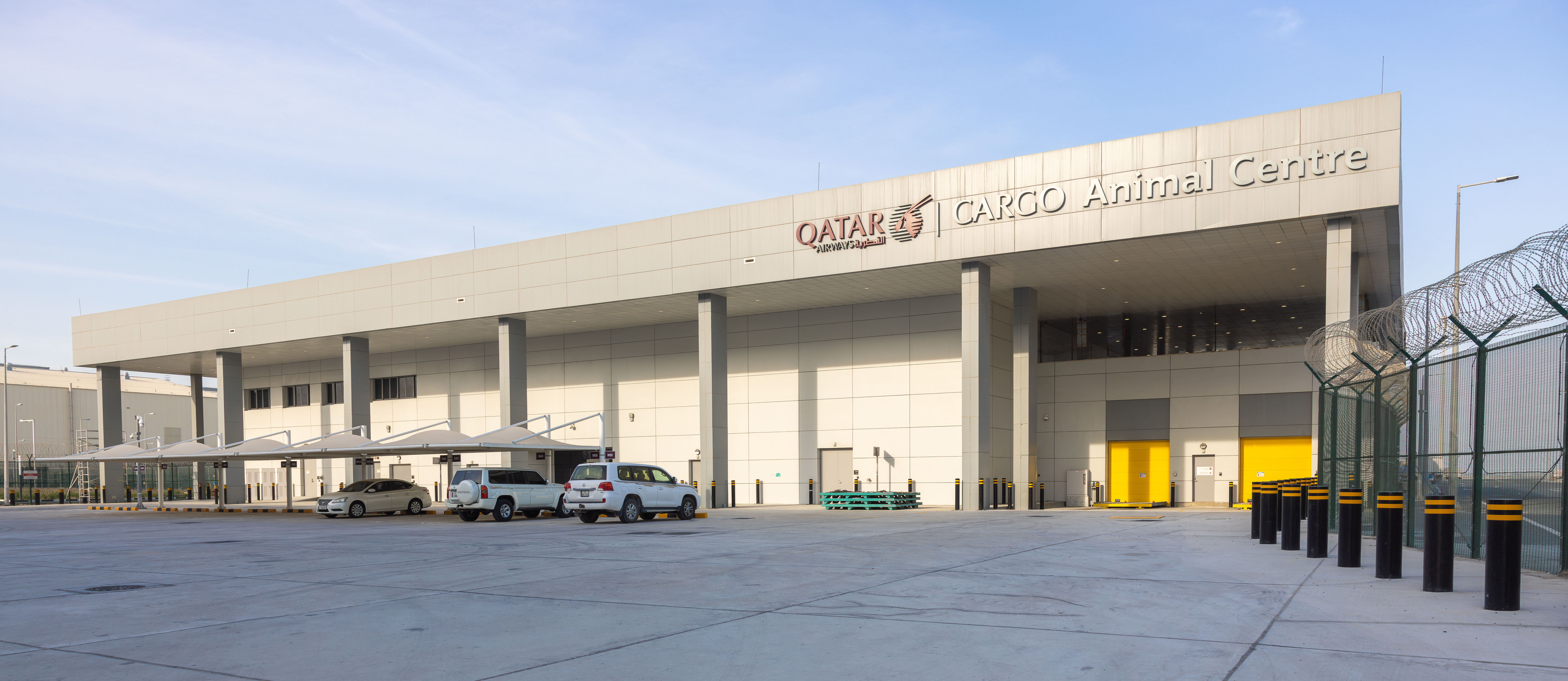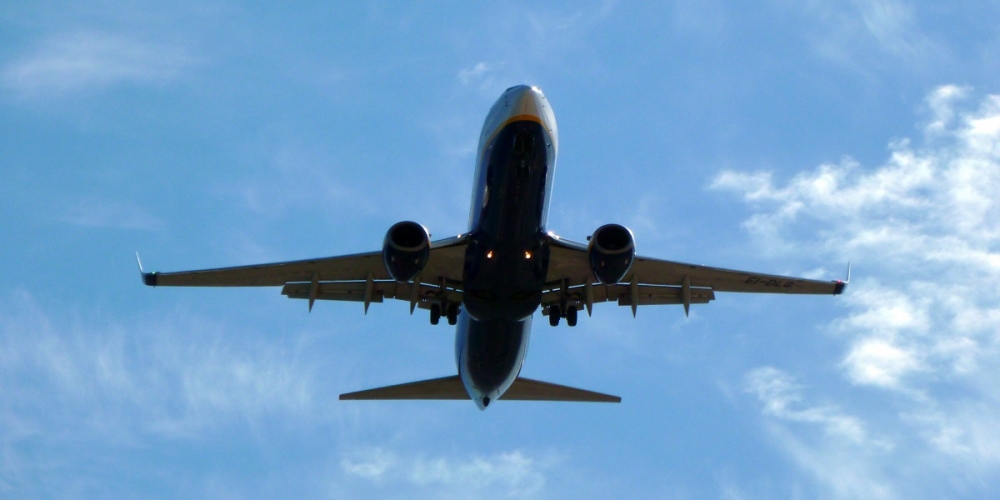US President Donald Trump’s surprise ban on foreign travel from Europe could spark a new round of airline failures as it significantly worsens the financial impact of COVID-19, an industry group has warned.
The International Air Transport Association warned Thursday its forecast that the COVID-19 pandemic would wipe up to $US113 billion airline revenues did not take into account severe measures such as those taken by the US, Israel, Kuwait and Spain.
It urged governments to prepare for the broad economic consequences of their actions and respond quickly to “the financial frailty of airlines”.
It also called on them to take into account World Health Organization advice against travel and trade restrictions on countries experiencing COVID-19 outbreaks.
Trump’s unilateral travel ban shocked financial markets and caused the biggest plunge in share prices since 1987.
READ: Trump suspends travel to the US from Europe.
Airlines operating trans-Atlantic routes were already cutting capacity but the decision to ban most European travel added further chaos to what is already a tumultuous situation.
Norwegian Air said Thursday it would suspend more than 4000 flights, ground 40 percent of its long-haul fleet and cancel up to 25 percent of its short-haul flights in the wake of the ban. It would also temporarily lay off up to half of its workforce.
Another European carrier, Lufthansa, said it was working on a special schedule to the US but it would continue to offer flights Germany, Austria, Switzerland and Belgium.
US carriers were also scrambling to adapt, with American Airlines announcing it was cutting trans-Atlantic capacity by 50 percent in April as part of a 34 percent reduction in International capacity over the summer season.
IATA said the US measures to ban foreigners from traveling from Europe would adversely impact a trans-Atlantic market that in 2019 saw about 550 flights and 125,000 travelers a day.
The ban affects anybody who is not a US citizen or permanent resident and has been in the Schengen group of European countries in the past 14 days. It does not apply to the UK.
The total value of the US-Schengen market in 2019 was $US20.6 billion and IATA estimates those markets facing the heaviest impact are US-Germany ($US4 billion), US-France ($US3.5 billion) and US-Italy ($US2.9 billion).
IATA director-general Alexandre de Juniac conceded these were extraordinary times and safety, including public health, was a priority.
He said airlines were complying with government requirements but governments also need to recognize that airlines—employing some 2.7 million people—were under extreme financial and operational pressures.
“This will create enormous cash-flow pressures for airlines,” he said of the US move.
“We have already seen Flybe go under. And this latest blow could push others in the same direction.
“Airlines will need emergency measures to get through this crisis.
“Governments should be looking at all possible means to assist the industry through these extreme circumstances.
“Extending lines of credit, reducing infrastructure costs, lightening the tax burden are all measures that governments will need to explore.
“Air transport is vital, but without a lifeline from governments we will have a sectoral financial crisis piled on top of the public health emergency.”
Airports are also in the firing line.
Even before the Trump decision, Airports Council International Europe had warned airports, particularly those in Italy, were facing a crisis
ACI’s assessment at that stage was that European airports would lose 67 million passengers in the first quarter of 2020 and 187 million over the year.
Those figures will now be exacerbated by the Trump ban.
























